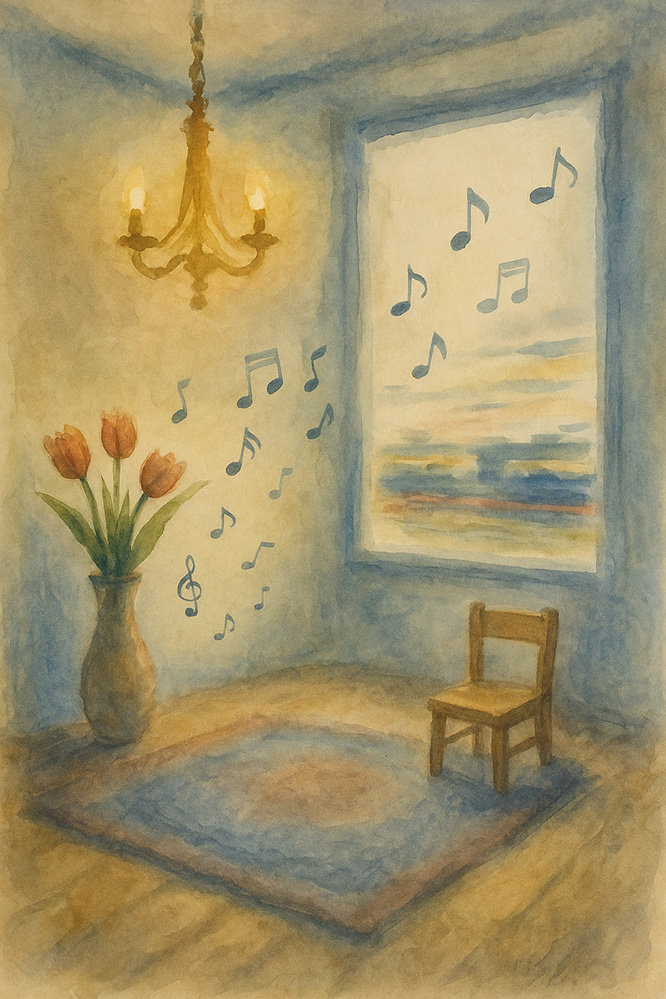
Print Illustration Used
Art: Frans Snyders (1579-1657), Study of Birds
Style: Baroque | Genre: Animal Painting | Medium: Oil on Canvas
Snyders assembles a vivid array of exotic and native birds, parrots, eagles, cockatoos, and songbirds, perched in a lively composition. Characteristic of Baroque animal painting, the work emphasizes texture, color, and natural vitality.